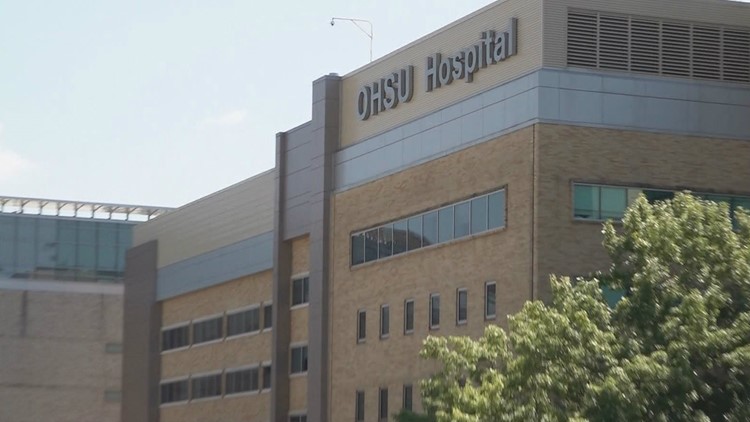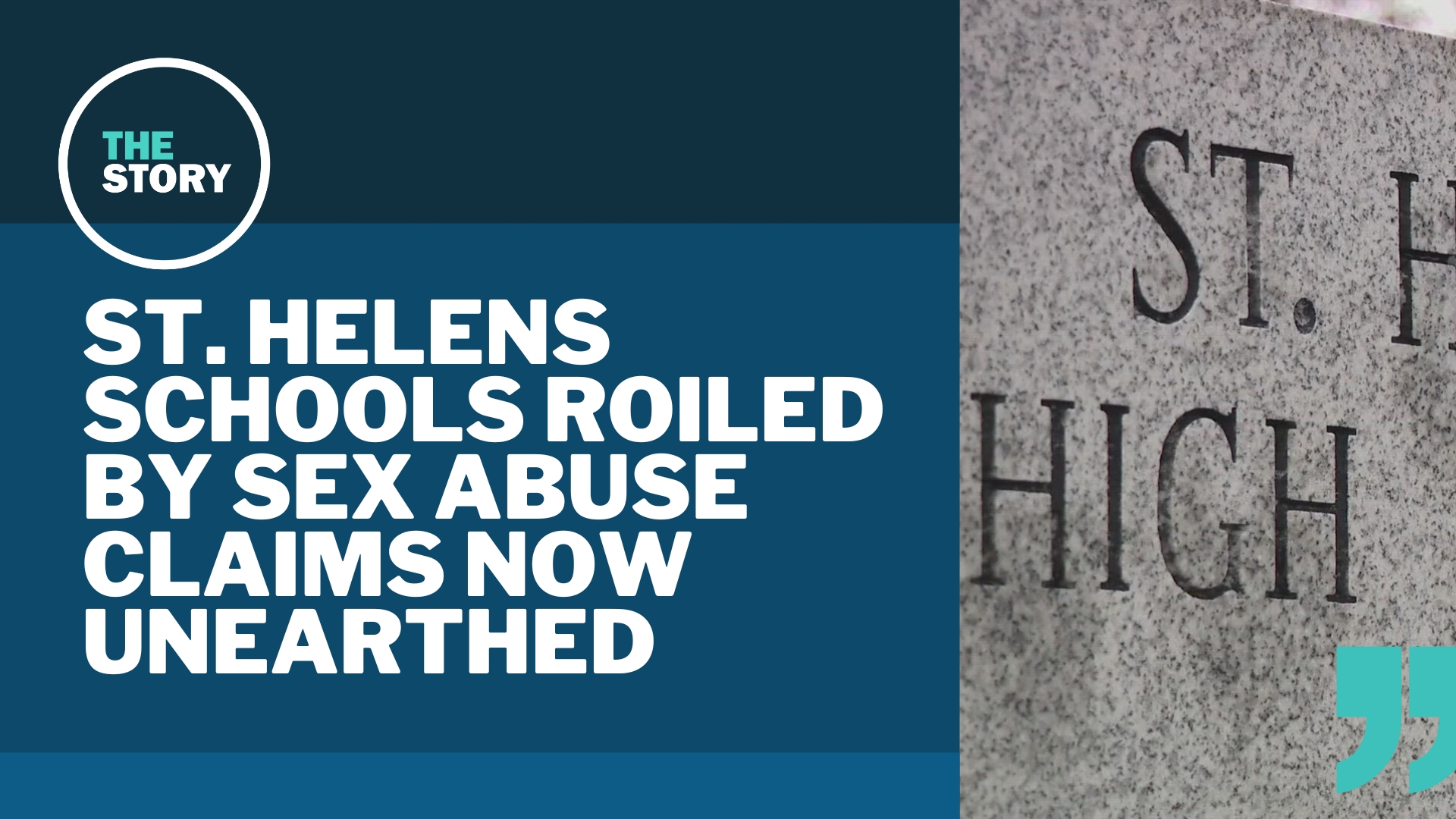Ever since high school, Michael and Bonnie Bohm have been inseparable. Four kids and four states later, the couple settled in West Linn.
They’ve been — what else — staying inside together during the coronavirus pandemic for the past month.
Then, Michael was startled awake early Friday morning by the couple’s barking 14-week old Bernese Mountain Dog and poodle mix puppy, Pebbles.
Bonnie, 63, was unconscious in the hallway outside the couple’s bedroom. After Michael was able to rouse her, he dug out his wife’s old nursing gear to check her vitals. She had a fever, was confused and incoherent.
He thought about the slight cough she had developed three days earlier. The nerves started to mount. He described the situation to Oregon Health & Science University during a telemedicine appointment Friday morning. Michael said medical personnel said they’d call him back in five minutes. When they did, they said to drive Bonnie to the hospital immediately.
When he arrived, Michael said an attendant wearing a mask took Bonnie from him in the roundabout outside the emergency room entrance and he was not asked for identification and told he couldn’t enter the facility.
Because of COVID-19-related visitor restrictions, Michael said he’s been unable to see his wife since.
As Oregon’s total COVID-19 caseload inches past 1,800, and the number of people hospitalized with suspected or confirmed cases approaches 300, some family members of other hospitalized patients are stuck in a visiting limbo.
Michael said he’s spoken with his wife a couple times and talked to roughly a half dozen health professionals in a little more than 24 hours. He said none appear to know Bonnie’s particular health history.
The lack of communication and the inability to visit his wife is terrifying and frustrating, he said.
“I believe that OHSU is doing a major disservice by not allowing family members in there to help during the diagnostic phase and when people are sick,” he said.
He was told early on in her stay that she was in a COVID-19 ward but was subsequently moved to an intensive care unit. Her blood pressure was low. He has never received a room number or phone number to reach her, he said. He subsequently has reached her when she calls him from her hospital room, but he hasn’t been able to FaceTime.
“I can go into Wal-Mart,” he said, “I can go into the liquor store, right? I can go into all these places but the hospital, which should be one of the safest places around, can’t set up a situation where I’m six feet away from my wife in her room?”
An OHSU spokeswoman, Tracy Brawly, said they were unable to speak about individual patients, citing patient privacy laws.
Brawly said the hospital has revised visitor rules in recent weeks to be more restrictive. “Support from friends and family is an important part of healing,” she said. “But to ensure patient, visitor and staff safety during the COVID-19 outbreak, OHSU is not allowing hospital visitors,” except under specific conditions.
A healthy person 18 or older may visit if the patient is “a child or baby, an adult with significant developmental delay or dementia, in labor, or with a new baby or receiving end of life care.”
As of Friday, OHSU has had 35 inpatient COVID-19 cases during the pandemic. Six of those patients died, 11 remain in the hospital and the rest have been discharged.
Michael, an engineer at Intel, has had concerns about his wife’s confusion and said he would be able to look after her if he was there.
Bonnie was a nurse and graduated from OHSU decades previously. She was working as a nursing director at various senior living centers until she lost control of a vehicle six years ago and struck a tree.
“She should have died in that crash,” Michael said. Since then, she’s suffered from debilitating pain and takes medication for her arthritis.
For years now, Michael has served as his wife’s medical caregiver, learning what medication works and doesn’t, what sends her blood pressure down, what he must do to advocate for her health needs.
He told that to several OHSU officials on the phone in the past day.
That lack of familiarity with her health history is troubling, he said. “If I was there, I could tell you this stuff,” he told one doctor.
During the course of reporting this story, Michael said he subsequently learned that Bonnie tested negative for COVID-19, and she called and told him she had a kidney stone and would likely need surgery. Michael doesn’t know when he will be able to see her.
Her iPhone has died, and he was told to bring a charging cable and drop it off to be transferred to her room.
Meanwhile, he said he waits for answers. “I know more about my Amazon packages than I do about my wife’s condition because of these rules.”
-- Andrew Theen; atheen@oregonian.com; 503-294-4026; @andrewtheen
This article was originally published by The Oregonian/OregonLive, one of more than a dozen news organizations throughout the state sharing their coverage of the novel coronavirus outbreak to help inform Oregonians about this evolving health issue.



